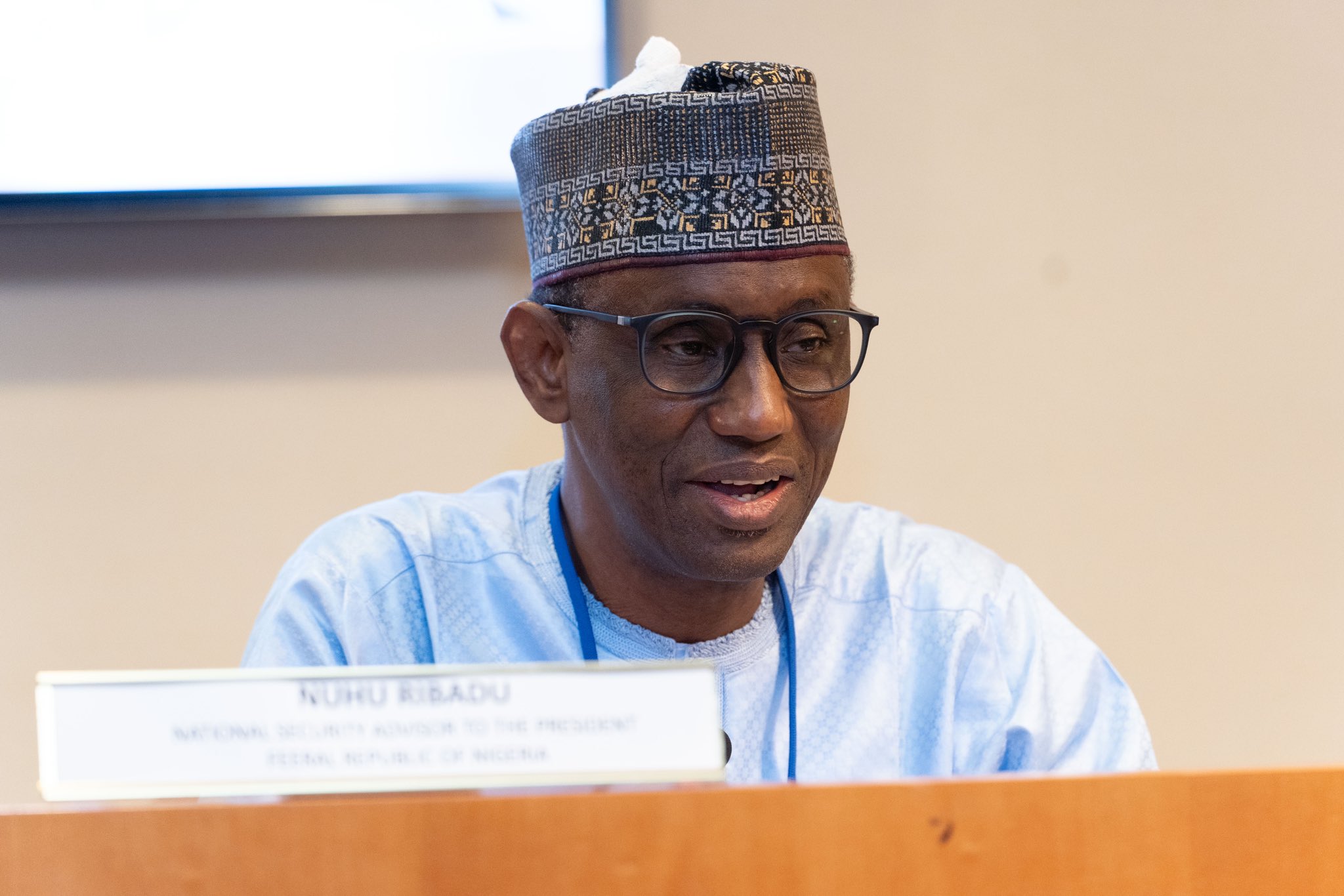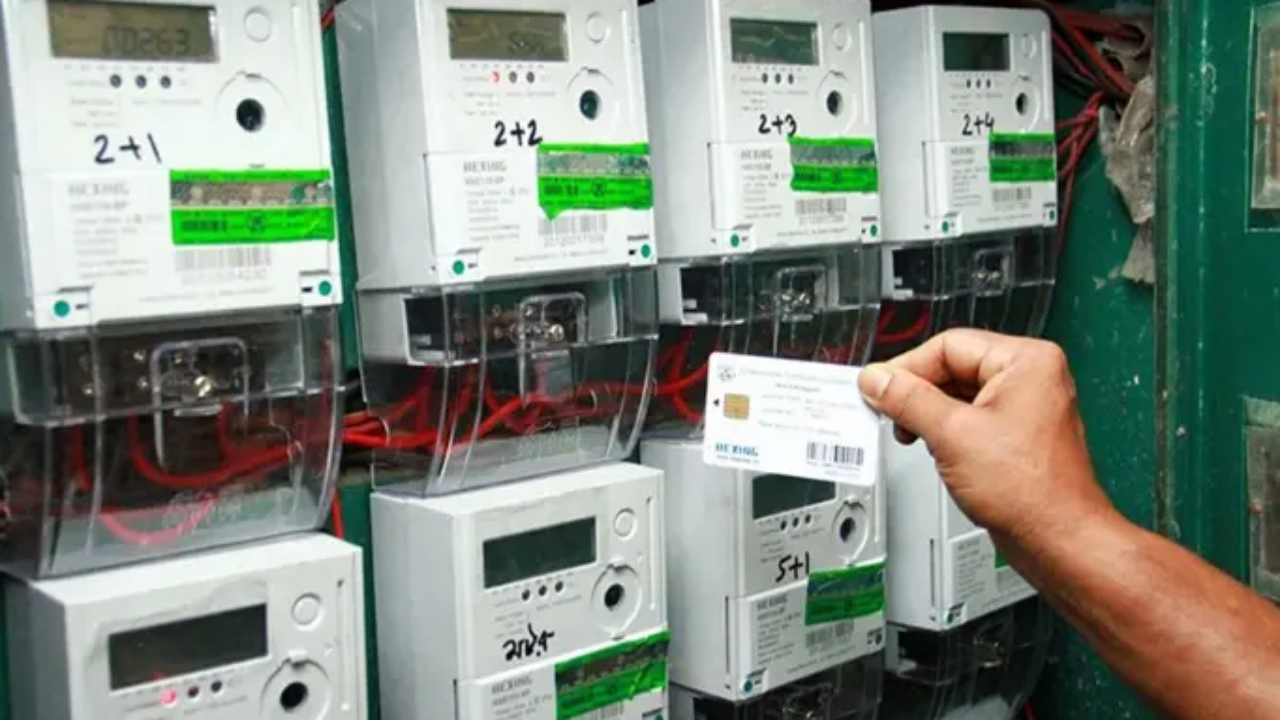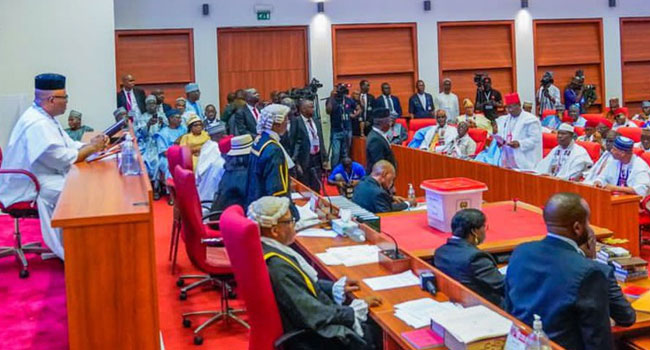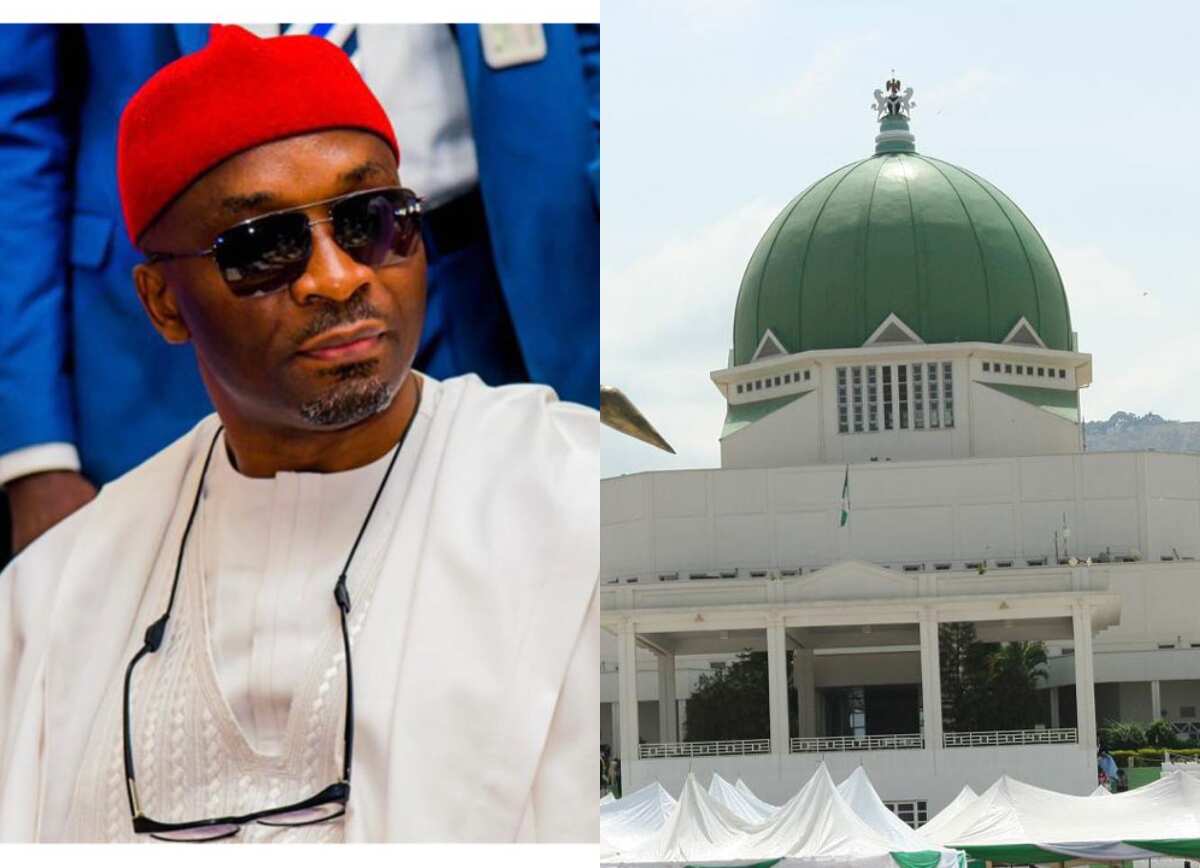The Independence National Electoral Commission (INEC) and the Economic Financial Crimes Commission (EFFC) seem to be at loggerhead regarding the establishment of a different commission to handle cases in line with electoral offences. At the House of Representatives during a public hearing on the bill, INEC stated that its existence as a special body for the aforementioned role will help the electoral system, while EFCC was of the view that the law has granted its commission the mandate to undertake the task of investigating and prosecuting the offences as listed in the bill seeking for the establishment of the National Electoral Offences Commission, as it was needless.
The Chairman of INEC Prof. Mahmood Yakubu while calling for full independence of the expected commission, stated that “For those who argue that the solution does not lie in expanding the federal bureaucracy by creating a new Commission, we believe that the National Electoral Offences Commission should be seen as an exception. While there are other security agencies that deal with economic and financial crimes, I am yet to hear anyone who, in good conscience, thinks that it is unnecessary to have established the anti-corruption agencies”.
According to him, “It is clear that the reform of our electoral process cannot be complete without effective sanctions on violators of our laws. At present, INEC is saddled with the responsibility of prosecuting electoral offenders under the Electoral Act. This has been very challenging for the Commission. For instance, since the 2015 General Election, 125 cases of electoral offences were filed in various Courts out of which 60 convictions have been secured so far, including the most recent one in Akwa Ibom State”.
Making a presentation on behalf of the EFCC however, Assistant Commander of the Commission, Deborah Ademu-Eteh insisted that “the contents of the proposed bill show that the offences contained therein in Part IV (Sections 13-32) largely constitute offences that have already been criminalized by extant laws”, adding that these offences are offences that the Nigerian Police, the Federal Ministry of Justice, EFCC, ICPC and even INEC under the 2022 Electoral Act are empowered under extant laws to investigate and prosecute.
Meanwhile, the Bill under consideration has spelt out fines and various prison terms for certain categories of electoral offences, with the prohibition of obstruction of votes counting or other acts inhibiting electoral due process to attract a fine of N40 million on conviction, or at least 20 years imprisonment.
The Chairman of the House Committee on Electoral Matters, Aisha Dukku in her remarks stated that a special technical committee will be appointed to go through all the submissions made, in conjunction with the senate counterpart to come up with a better report for consideration of the larger House.






















